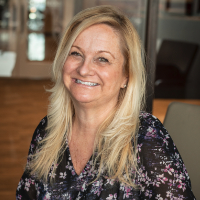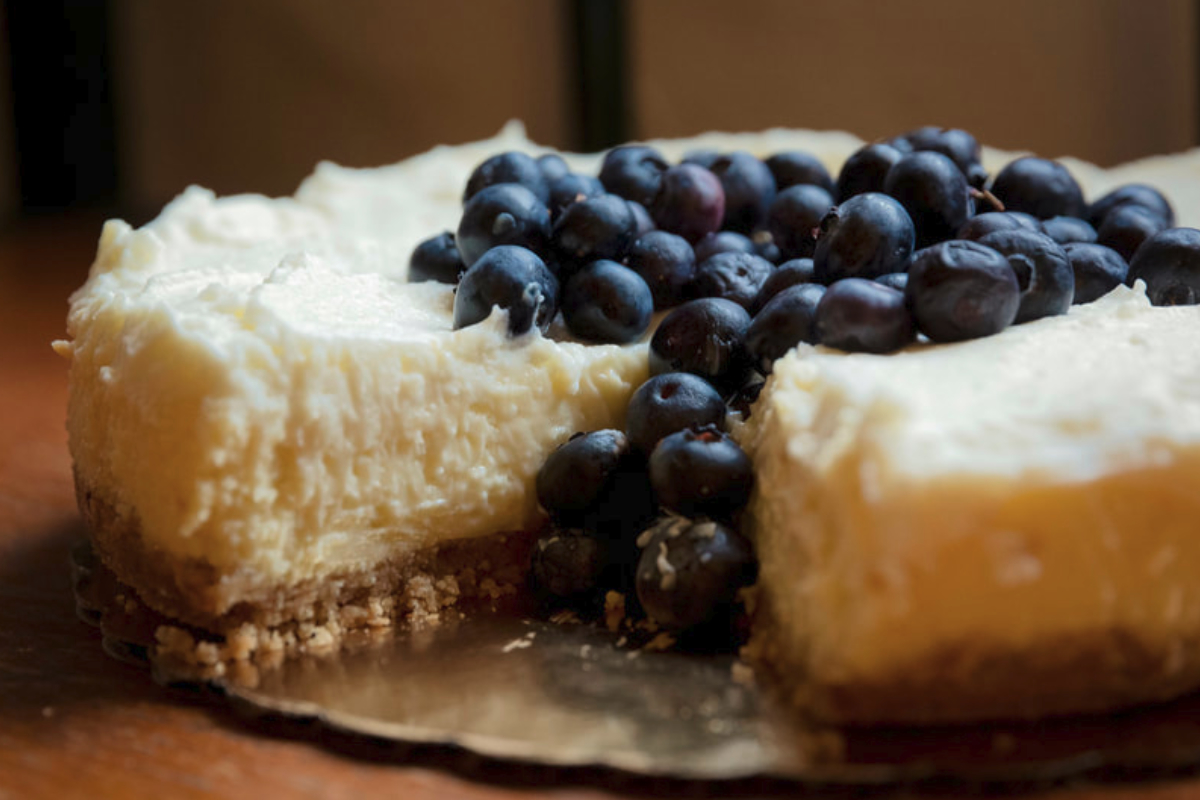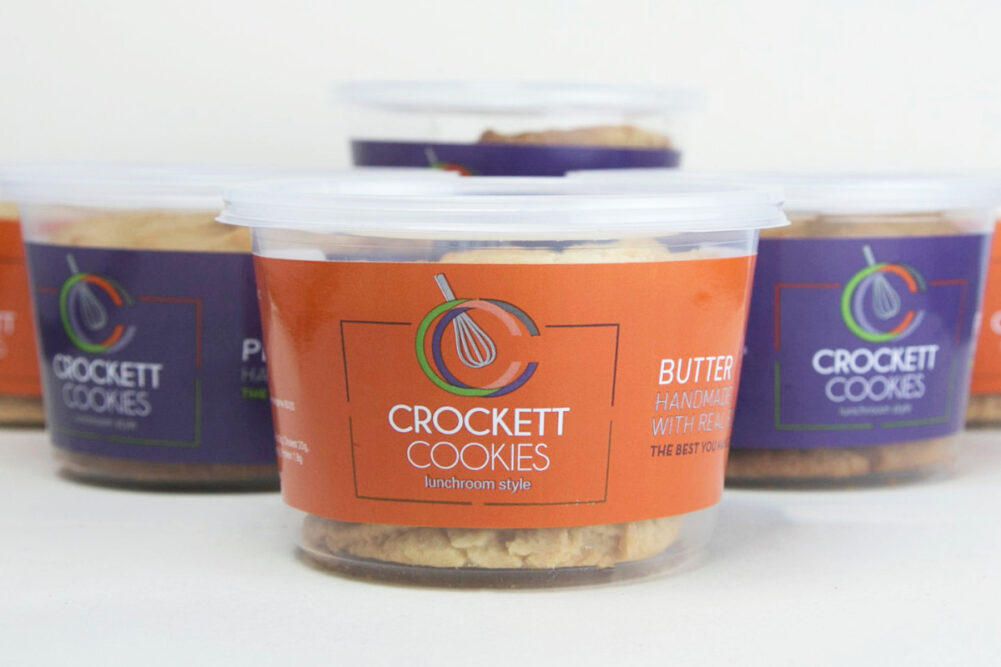 CHICAGO – A global pandemic is likely not the best time for a startup to introduce a product. The foodservice sector is in disarray and retail buyers are adjusting to new consumer shopping patterns. Buyers do not have the time to get new products on shelf. It is recommended entrepreneurs take this time to reboot and focus on their business plan.
CHICAGO – A global pandemic is likely not the best time for a startup to introduce a product. The foodservice sector is in disarray and retail buyers are adjusting to new consumer shopping patterns. Buyers do not have the time to get new products on shelf. It is recommended entrepreneurs take this time to reboot and focus on their business plan.
Take the time to get a concept right. Do the necessary due diligence. And, most important, stay focused. Produce and market one or two products very well, then think about growing a product line. That’s the advice entrepreneurs and consultants to startups recently shared with Food Business News.
“Focus is essential for any business, big or small,” said Natalie Shmulik, chief executive officer of The Hatchery, Chicago. “We’ve seen lack of focus ultimately result in three major challenges: cost, confusion and cannibalization.
“Every additional sku (stock-keeping unit) is an extra cost. Product development, packaging, additional ingredients, inventory, running a new line, slotting fees, the list goes on. These are all factors to consider when wanting to launch a new flavor or product line under the brand.”
That’s the cornerstone of family-owned Schweet Original Homemade Chicago Cheesecake. The bakery focuses on making one style of cheesecake, and then offers various toppings and add-ons to meet customers’ personal preference. Simplicity is the company’s recipe for success.
“Foods that taste good are that way because the ingredients are simple,” said Chamille Weddington, owner of Schweet. “We’re known for the freshest artisan cheesecakes that are simple and tasty.
 “Our desserts are proudly inspired by our granny’s homemade recipe. Fresh fruit, freshly made whipped cream, a wholesome crust and our signature batter is what’s inside. We use just a few simple ingredients. We intentionally source as many local ingredients as possible and what we do is focus on technique. We are known for being ‘cheesecake done right.’”
“Our desserts are proudly inspired by our granny’s homemade recipe. Fresh fruit, freshly made whipped cream, a wholesome crust and our signature batter is what’s inside. We use just a few simple ingredients. We intentionally source as many local ingredients as possible and what we do is focus on technique. We are known for being ‘cheesecake done right.’”
It’s important to start right in order to grow strong, said Tim Metzger, who in 2018 sold his specialty food brand, Tillen Farms, to Stonewall Kitchens, York, Maine. Mr. Metzger maintains the role of brand ambassador for Tillen Farms while consulting to the industry. During a presentation at the Winter Fancy Food in January 2020, he emphasized the need to develop a business plan and never lose focus.
“Your idea may be compelling, but it’s not a plan,” he said. “Focus on your areas of expertise and what you love to do.”
A plan should include sales and revenue forecasts, product costs and a go-to-market strategy. It’s paramount to have a clear evaluation of potential, which include identifying hurdles to established benchmarks.
Ms. Shmulik encouraged entrepreneurs to answer several questions early on and never lose sight of the responses: Why should this business exist? Why would people purchase its products or services? Why should people purchase the products or services over everyone else’s?
"Too much choice is not always good.” – Natalie Shmulik, The Hatchery, Chicago
“We work with our members to help them drill down their ‘why’ before even launching their business,” Ms. Shmulik said. “Focus is important both with the number of skus and the number of features you are showcasing with each sku. Oftentimes entrepreneurs want to highlight everything their brand represents, e.g., gluten free, high protein, single serve, organic, low glycemic and more. But highlighting everything is distracting and confusing to customers. Having too many flavors and products is equally confusing. Too much choice is not always good.”
Brands need to focus on a clear message. Don’t dilute the message with multiple products and communications that don’t align with the ultimate “why.” Too many skus may create confusion and cannibalize sales.
“Remember, if you launch several different flavors or products without intention, you may end up competing against yourself,” Ms. Shmulik said. “Your customer may be deciding between flavors, swapping one of your flavors out for another, rather than increasing overall spend.”
Cheryl Overholser, owner, Cheryl’s Farm Fresh, South Haven, Mich., agreed that doing a limited number of foods well builds a brand. This is true beyond the packaged products found on supermarket shelves.
“One or two types of tomatoes, a special variety of corn and my blueberry citrus bread, that’s what keeps the customers coming back every Saturday at the farmers’ market and buying me out,” Ms. Overholser said. “When you offer too much, people get overwhelmed and may walk away. There are so many more baked goods I would like to offer, but there’s no time. So, I focus on the one and seldom bring any home at the end of the market.”
Cheryl Crockett, CEO and owner, Crockett Cookies Inc., Chicago, makes two types of cookies — butter and peanut butter — based on the Chicago Public School lunchroom-style cookies that were handmade and served 30 years ago. The treat is nostalgic for locals and the perfect impulse buy, as tubs of five cookies can be found near the register of Walgreen’s stores throughout the city, as well as area Whole Foods Markets and other local retailers.
“Both butter and peanut butter lunchroom cookies were served many years ago in area public schools,” Ms. Crockett said. “Butter was always the most popular and I knew it would be the most familiar flavor to customers. I realized this early when starting the company in 2013.”
After four years of selling only one flavor of cookie and securing solid distribution, Ms. Crockett added the peanut butter flavor in 2017.
“Peanut butter lunchroom cookies were also served in the schools,” she said. “They were part of my business plan but would come later. By committing to doing the best quality product and service with one item early on allows for healthier growth for the company, which is long lasting.”
When asked if she would rather add another flavor to possibly attract new customers at current retail locations or grow distribution of the two current flavors, Ms. Crockett said, “My preference is always growing locations, which in general has always attracted more customers. Before the COVID-19 infected Chicago, along with our entire country, Crockett Cookies was right on the cusp of several expansions to other large clients and stores. (I’m) looking forward to making that happen as soon as we get through this challenging period.”





